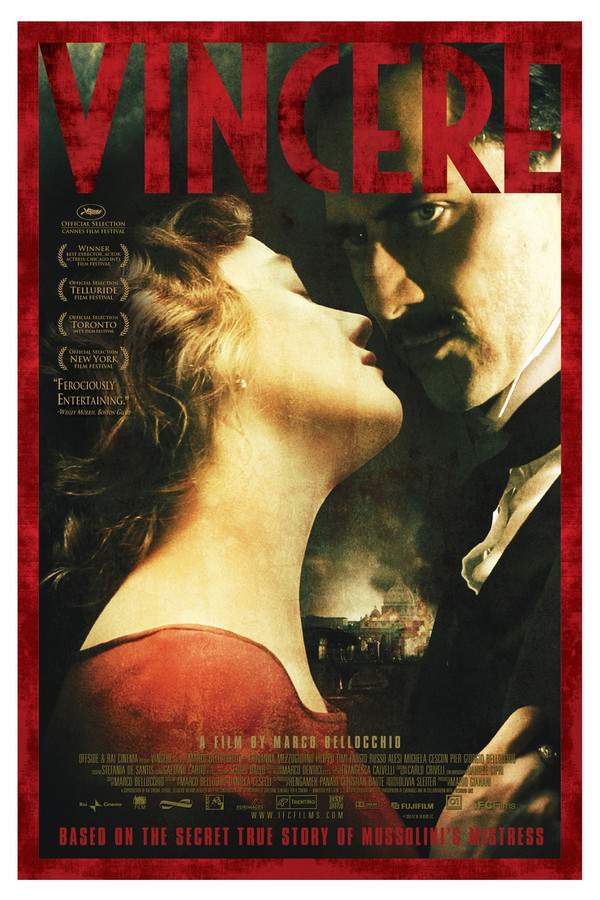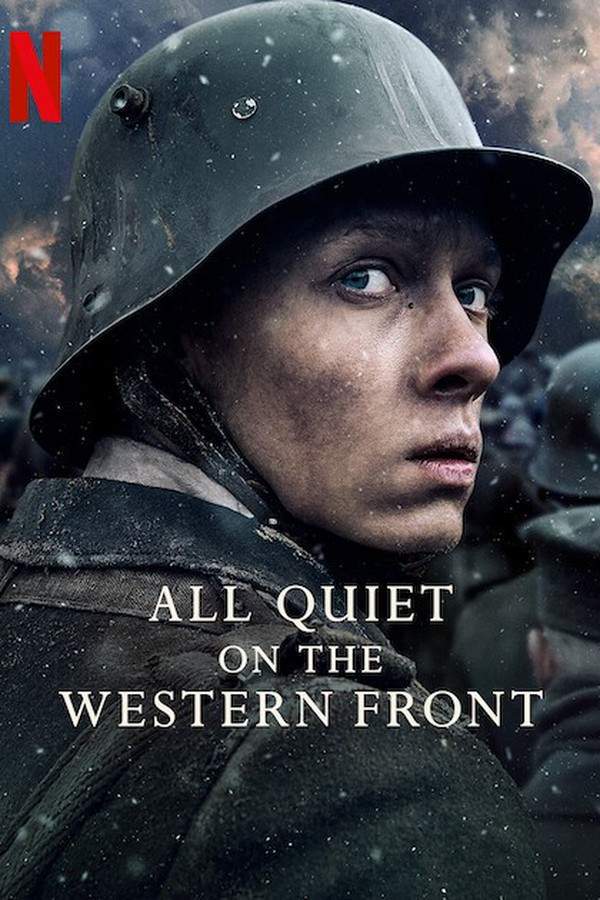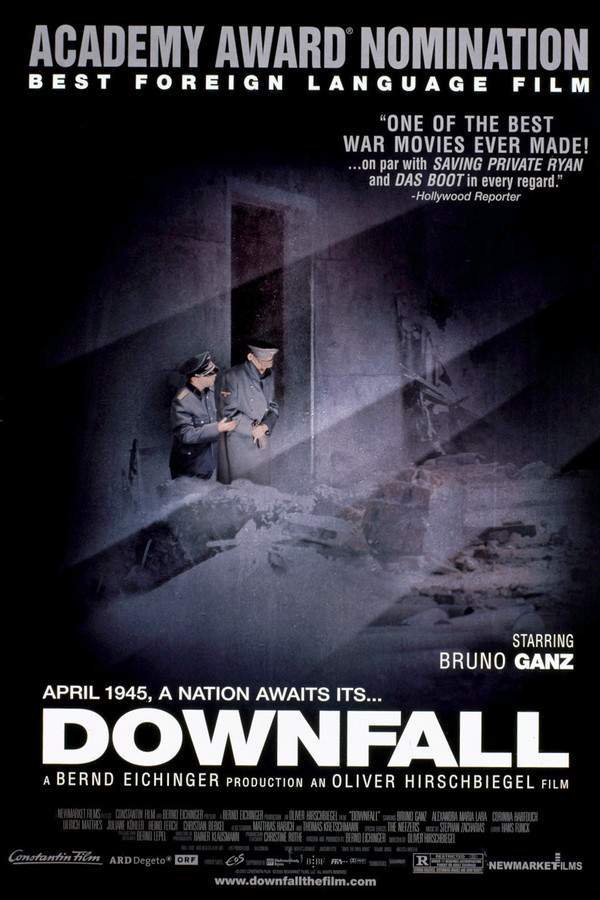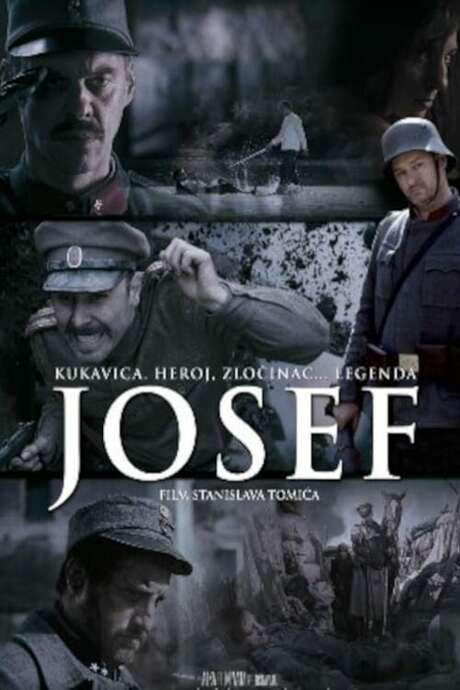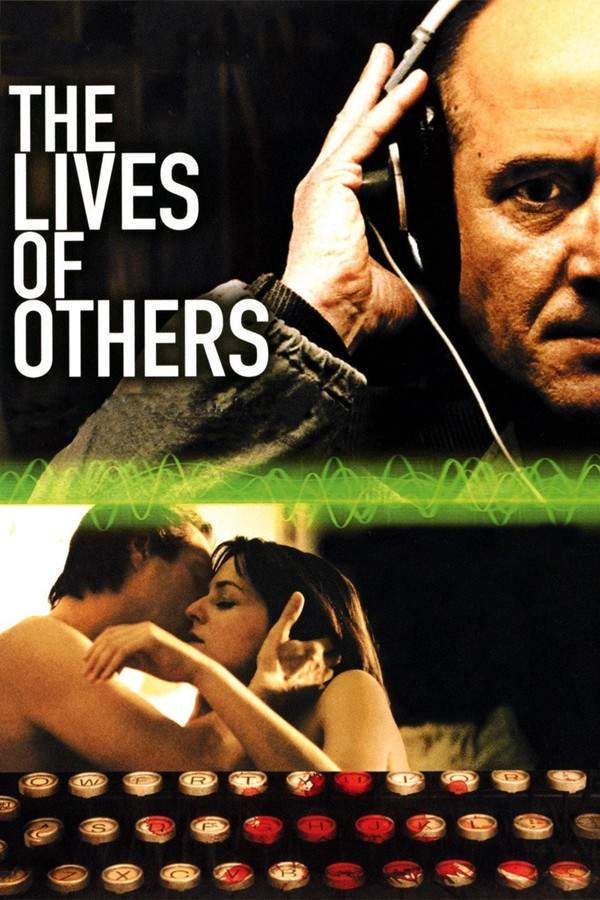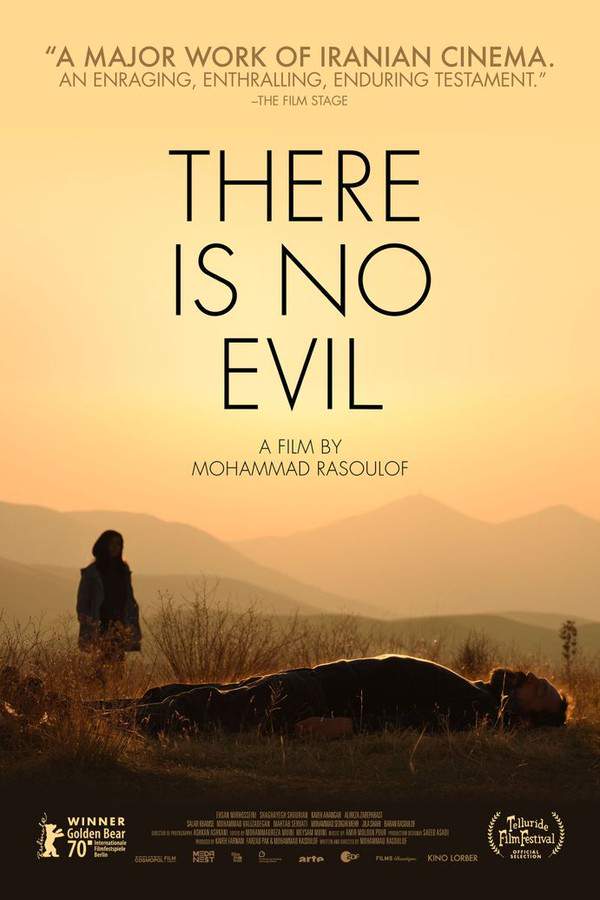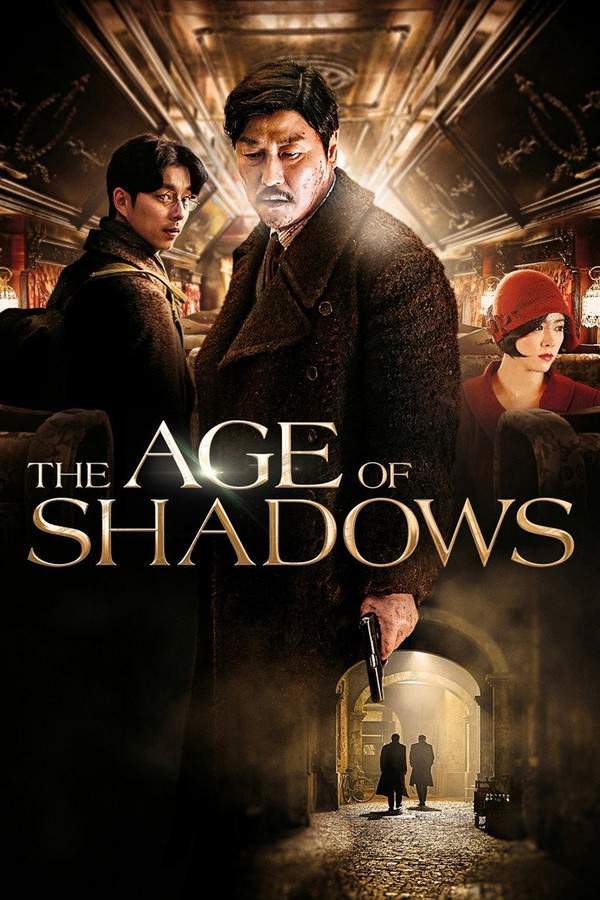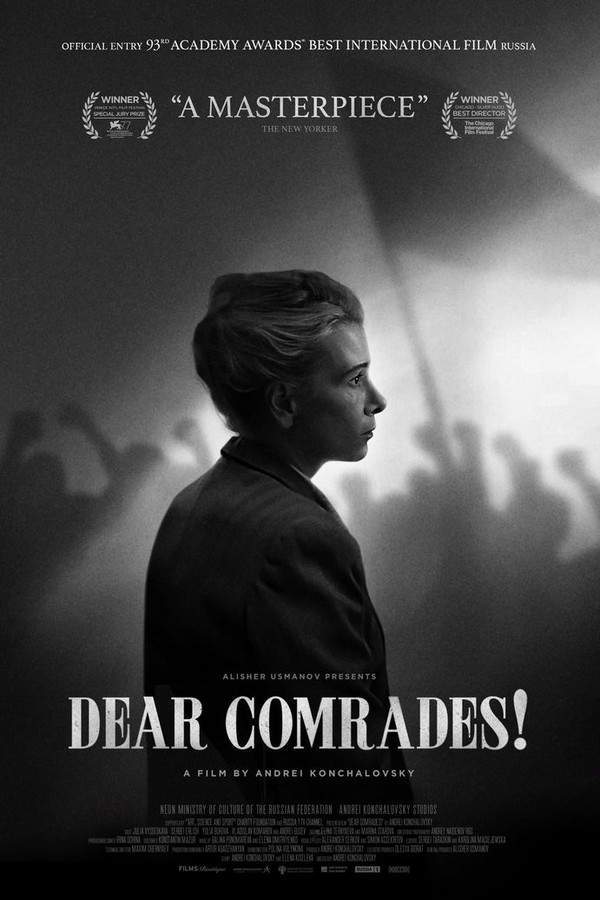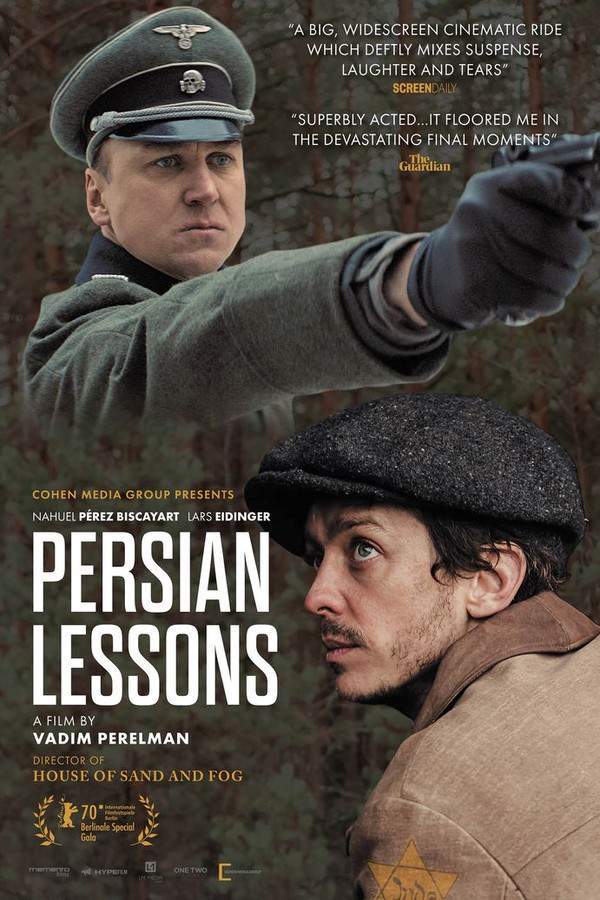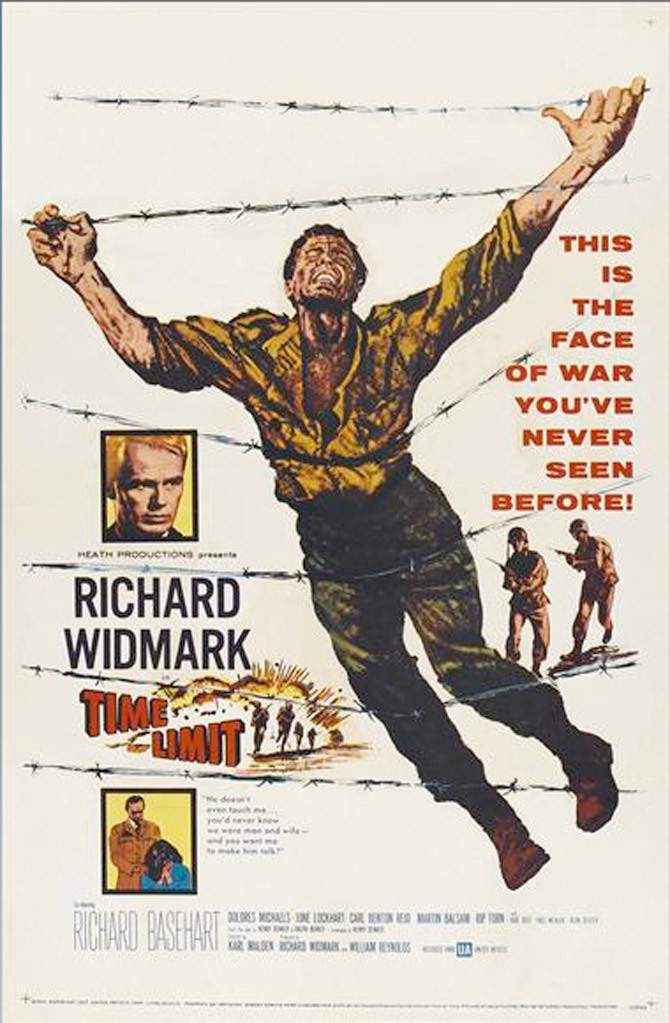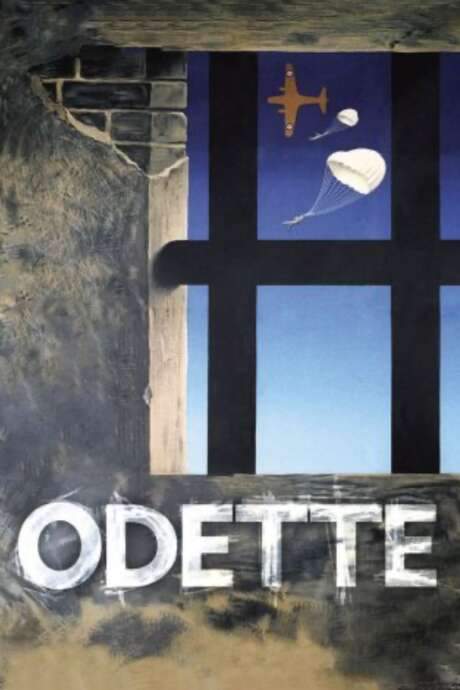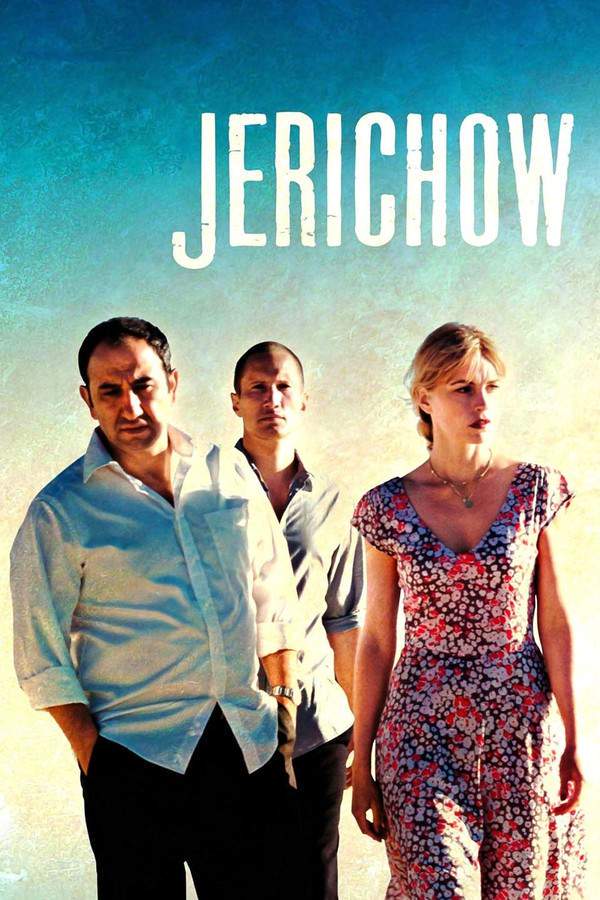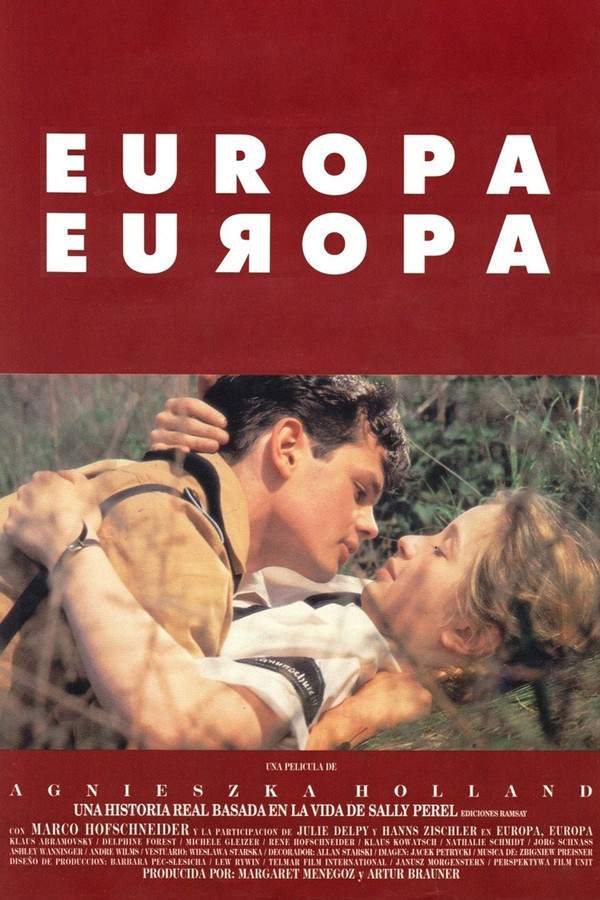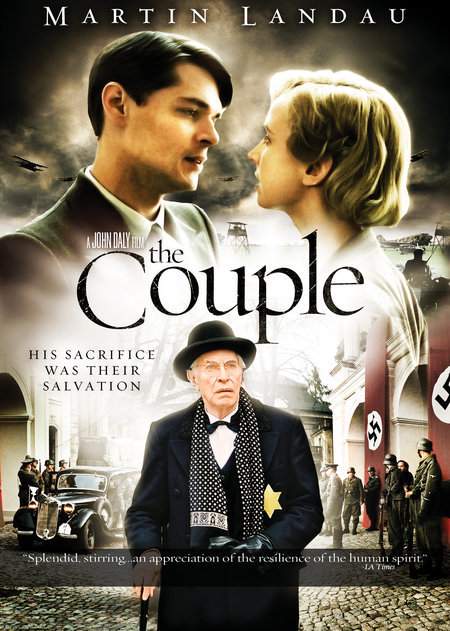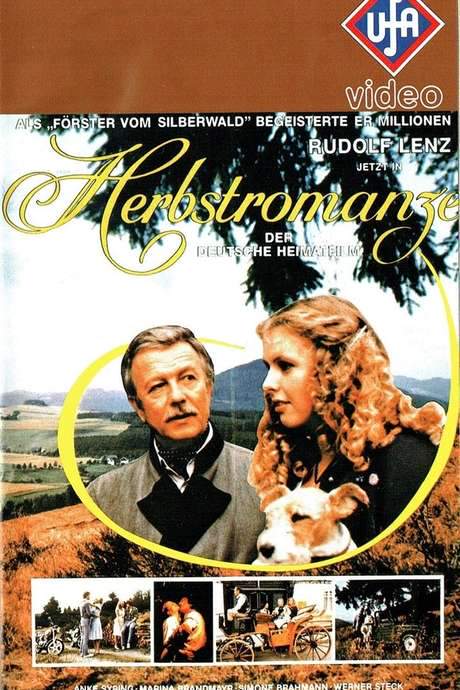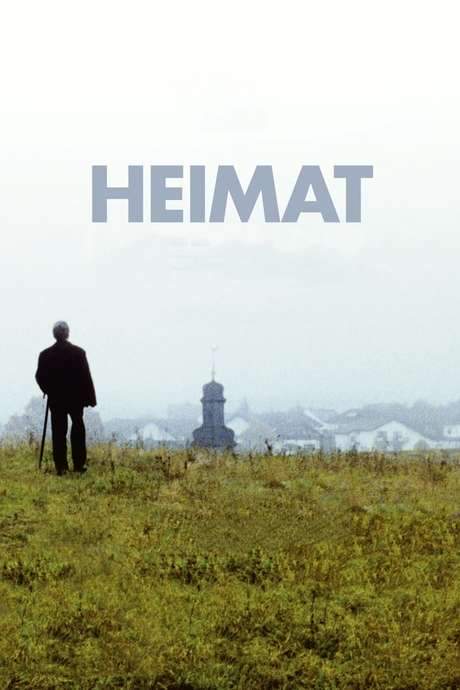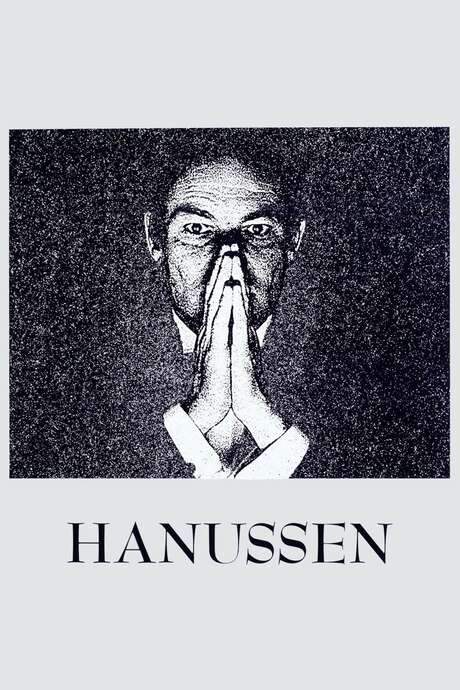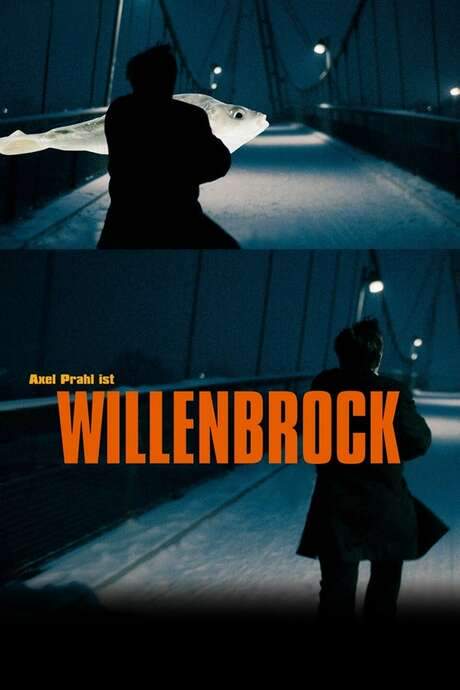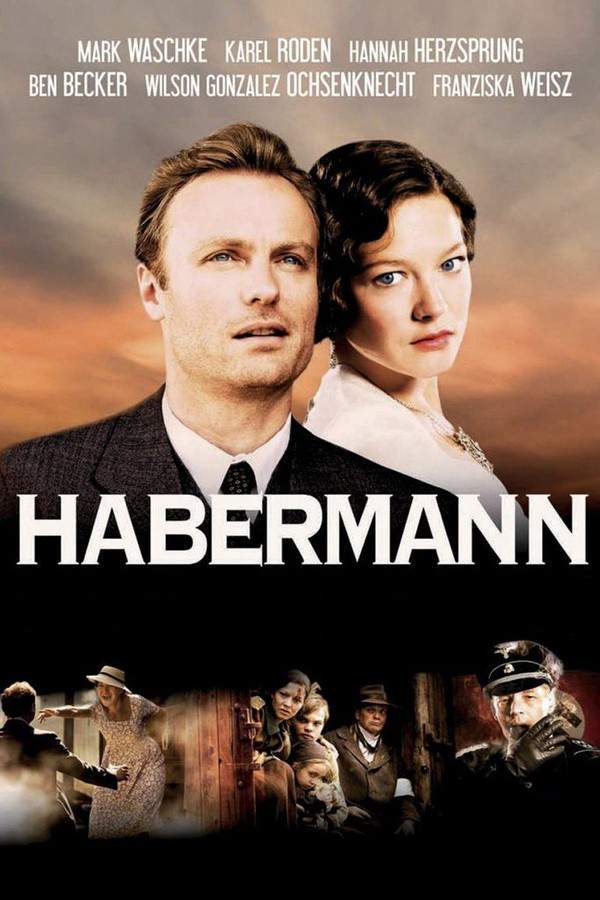
Habermann
Year: 2011
Runtime: 104 min
Language: German
Director: Juraj Herz
As tensions escalate in 1938's tumultuous Europe, a prosperous mill owner's tranquil existence in the Sudetenland is shattered, his world torn apart by the looming specter of war.
Warning: spoilers below!
Haven’t seen Habermann yet? This summary contains major spoilers. Bookmark the page, watch the movie, and come back for the full breakdown. If you're ready, scroll on and relive the story!
Timeline – Habermann (2011)
Trace every key event in Habermann (2011) with our detailed, chronological timeline. Perfect for unpacking nonlinear stories, spotting hidden connections, and understanding how each scene builds toward the film’s climax. Whether you're revisiting or decoding for the first time, this timeline gives you the full picture.
Last Updated: November 22, 2025 at 15:57
Explore Movie Threads
Discover curated groups of movies connected by mood, themes, and story style. Browse collections built around emotion, atmosphere, and narrative focus to easily find films that match what you feel like watching right now.
Dramas about war-torn families like in Habermann
Intimate dramas where ordinary families are crushed by the machines of war.Explore movies like Habermann that chronicle the personal tragedies of families caught in the gears of history. These stories share a bleak tone, heavy emotional weight, and a focus on the brutal intersection of a peaceful life with the chaos of war and ethnic conflict.
Narrative Summary
Stories in this thread often follow a family or community whose peaceful existence is shattered by an encroaching war or political movement. The narrative unfolds chronologically, showing the gradual or sudden loss of safety, home, and moral certainty, typically culminating in profound tragedy and a sense of irrevocable loss.
Why These Movies?
Movies are grouped here based on their shared focus on the domestic sphere as a microcosm for larger historical trauma. They share a steady, immersive pacing that builds a sobering, oppressive mood, a high-intensity emotional journey, and a consistently bleak outlook on human nature during times of crisis.
Movies with grim moral dilemmas like Habermann
Stories where characters face impossible choices under the weight of tyranny.If you liked Habermann's exploration of complicity and impossible choices during wartime, you'll find similar themes here. These films are characterized by their tense, oppressive mood, high emotional stakes, and focus on the moral collapse of individuals within brutal systems.
Narrative Summary
The narrative pattern involves characters living within a system of escalating brutality, such as a war or totalitarian regime. They are confronted with choices that pit survival against their own morals, often leading to tragic consequences and a profound sense of complicity or guilt. The journey is typically one of moral decay rather than redemption.
Why These Movies?
These films are connected by their shared atmosphere of oppression and their central theme of moral ambiguity. They create a similar viewing experience through high tension, a sobering tone, and a focus on the psychological toll of making compromises in the face of overwhelming force.
Unlock the Full Story of Habermann
Don't stop at just watching — explore Habermann in full detail. From the complete plot summary and scene-by-scene timeline to character breakdowns, thematic analysis, and a deep dive into the ending — every page helps you truly understand what Habermann is all about. Plus, discover what's next after the movie.
Habermann Summary
Read a complete plot summary of Habermann, including all key story points, character arcs, and turning points. This in-depth recap is ideal for understanding the narrative structure or reviewing what happened in the movie.

Characters, Settings & Themes in Habermann
Discover the characters, locations, and core themes that shape Habermann. Get insights into symbolic elements, setting significance, and deeper narrative meaning — ideal for thematic analysis and movie breakdowns.

Habermann Spoiler-Free Summary
Get a quick, spoiler-free overview of Habermann that covers the main plot points and key details without revealing any major twists or spoilers. Perfect for those who want to know what to expect before diving in.

More About Habermann
Visit What's After the Movie to explore more about Habermann: box office results, cast and crew info, production details, post-credit scenes, and external links — all in one place for movie fans and researchers.

Similar Movies to Habermann
Discover movies like Habermann that share similar genres, themes, and storytelling elements. Whether you’re drawn to the atmosphere, character arcs, or plot structure, these curated recommendations will help you explore more films you’ll love.
Explore More About Movie Habermann
Habermann (2011) Plot Summary & Movie Recap
Habermann (2011) Scene-by-Scene Movie Timeline
Habermann (2011) Spoiler-Free Summary & Key Flow
Movies Like Habermann – Similar Titles You’ll Enjoy
Where Hands Touch (2018) Spoiler-Packed Plot Recap
Jerichow (2009) Film Overview & Timeline
Europa Europa (1991) Full Summary & Key Details
The Aryan Couple (2004) Full Movie Breakdown
Germany. A Winter’s Tale (2018) Ending Explained & Film Insights
Herbstromanze (1981) Spoiler-Packed Plot Recap
Heimat (1000) Film Overview & Timeline
Angry Harvest (1985) Ending Explained & Film Insights
Hanussen (1988) Detailed Story Recap
Willenbrock (2005) Movie Recap & Themes
The Marriage of Maria Braun (1979) Plot Summary & Ending Explained
Verboten! (1959) Spoiler-Packed Plot Recap
Hitler’s Madman (1943) Ending Explained & Film Insights
Hangmen Also Die! (1943) Film Overview & Timeline
Flesh and the Devil (1926) Story Summary & Characters


